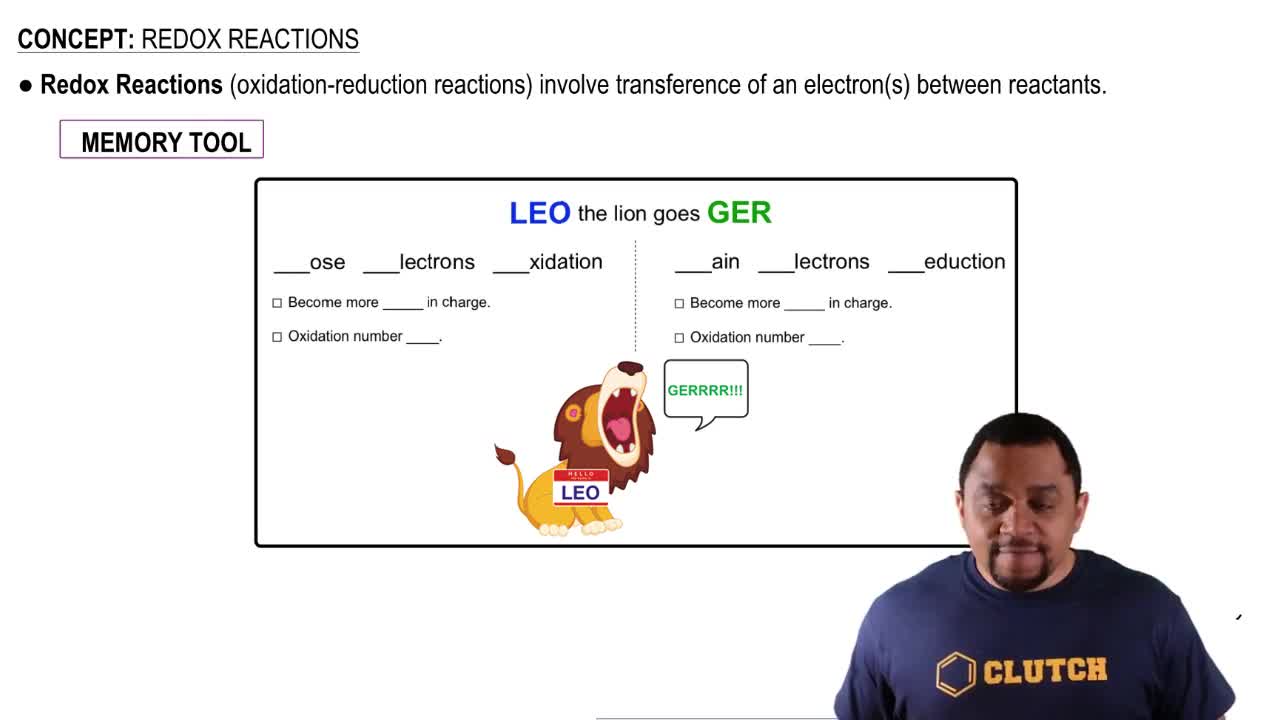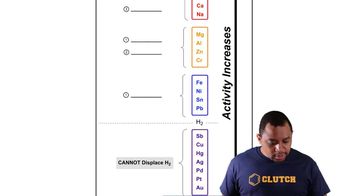Textbook Question
Arrange the following atoms in order of decreasing atomic radius, and account for the trend.
(a) Cr
(b) Ti
(c) Mn
(d) V
96
views

 Verified step by step guidance
Verified step by step guidance


Arrange the following atoms in order of decreasing atomic radius, and account for the trend.
(a) Cr
(b) Ti
(c) Mn
(d) V
What is the lanthanide contraction, and why does it occur?
The atomic radii of zirconium (160 pm) and hafnium (159 pm) are nearly identical. Explain.
Which of the following transition metals have more than one oxidation state?
(a) Ti
(b) V
(c) Cr
(d) Zn